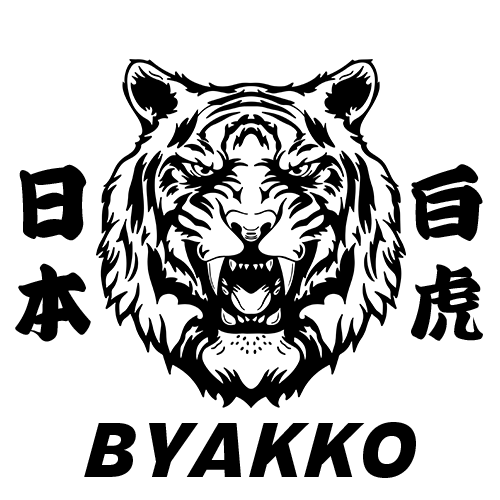Introduction
The word “samurai” is deeply rooted in Japanese history and culture. It doesn’t just mean “warrior” — it also stands for a way of thinking and living that still influences people today.
In this article, we’ll explain the history and values of the samurai in a simple way. We’ll also look at how samurai culture continues to affect modern life, especially for readers from outside Japan.
The Origin and History of the Samurai
How the Samurai Began
The samurai first appeared in the late Heian period (9th–12th century). At first, they were warriors who served noble families and powerful leaders. They protected their masters and their land. Later, in the Kamakura period (12th century), samurai became leaders in politics and society.
The Samurai in the Warring States Period
During the Warring States period (15th–16th century), samurai worked for different warlords and fought in many battles. They became famous for their skills and loyalty. They were not only fighters but also played roles in leadership and politics.
The Edo Period and Samurai Values
In the peaceful Edo period (17th–19th century), the samurai developed a strong code of values called bushido — the “way of the warrior.” Bushido taught loyalty, honesty, respect, and honour. Samurai were expected to follow these values and be role models in society.
Samurai Culture in Today’s World
Traditional Clothing and Style
Samurai clothing, like armour and kimono-style robes, still influences what people wear today at events like weddings or coming-of-age ceremonies. Even in fashion, some designs take inspiration from samurai clothes. Around the world, people are showing more interest in these traditional Japanese styles.
The Spirit of Bushido Today
The ideas behind bushido are still important in modern Japan.
Some key values are:
-
Loyalty: Being faithful to one’s family, team, or workplace
-
Honesty: Living truthfully and with integrity
-
Honour: Protecting your personal and family reputation
-
Self-sacrifice: Doing things for others, even at your own cost
In business, for example, many Japanese companies focus on trust, responsibility, and loyalty to customers. Bushido values are often part of staff training and leadership programmes.
In schools and at home, children are taught manners, respect, and responsibility — ideas that come from bushido.
Samurai Values in Japanese Traditions
Martial Arts
Samurai trained in swordsmanship, archery, and other martial arts. Today, sports like kendo, judo, and kyudo come from those skills. But martial arts aren’t just about fighting — they also teach discipline, respect, and inner strength. Many people around the world practise these arts to learn the samurai spirit.
Tea Ceremony
The tea ceremony is another example. It’s not just about making tea — it’s about calmness, respect, and harmony. These ideas come from samurai culture, and they still play an important role in Japanese traditions.
Conclusion: The Samurai Spirit Lives On
Samurai culture isn’t just part of the past — it still shapes Japanese life today. The values of bushido — honesty, loyalty, and honour — are alive in business, education, and culture. Through clothing, martial arts, and tea ceremony, the samurai spirit is passed down and shared with people around the world.
Even now, these values continue to shine and inspire many. The samurai legacy will remain important for future generations too.
